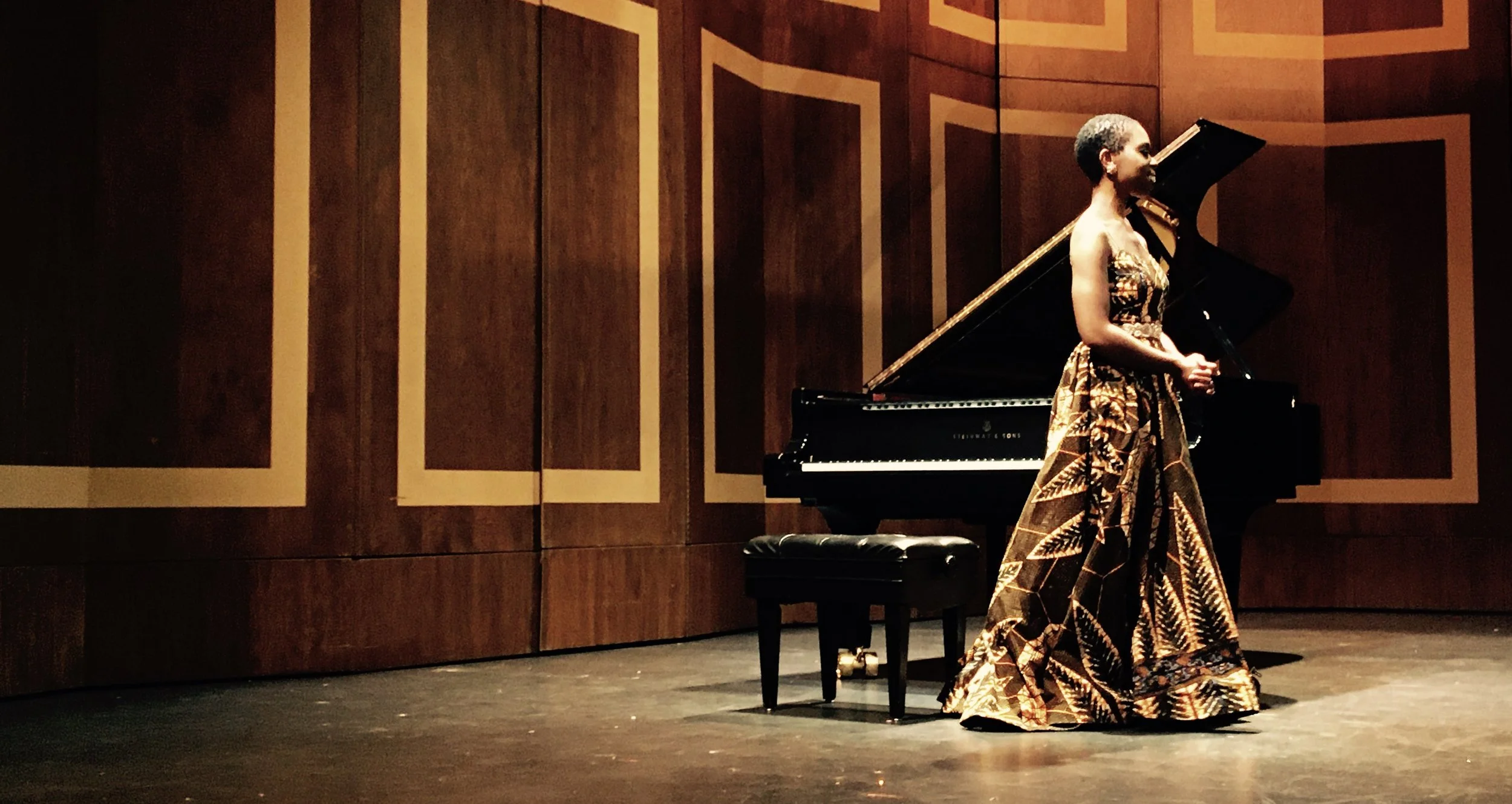Original image by There Stands the Glass.
I almost dismissed Dvořák’s Prophecy and the Vexed Fate of Black Classical Music after taking a cursory glance at the index. How could author Joseph Horowitz properly address the subject without referencing Ornette Coleman, Miles Davis or Wynton Marsalis? I’m glad I overcame my initial aversion.
Horowitz, a refreshingly combative scholar of classical music, inhabits an entirely different world from my own. I learned a great deal from his new study inspired by Antonín Dvořák’s faulty prediction that the music developed by Black Americans would become the basis for the country’s classical music.
But was Dvořák wrong? I’m inclined to believe that jazz is the true classical music of North America. Horowitz doesn’t entertain the premise, but he’s not averse to jazz. He repeatedly mocks traditionalists who feared a “jazz threat.” Instead, he traces the evolution of European classical music in the new world. Often straying from his theme, Horowitz’s disparate ramblings are consistently interesting.
A passionate champion of Charles Ives, Horowitz introduced me to the startling Concord Sonata. For that alone, I’m in his debt. He also has a curious obsession with the role of critics. Horowitz clearly relishes dismantling the reputation of the Kansas City native Virgil Thomson.
Depictions of the “racial minefield” related to analyses of “Porgy and Bess” are valuable, as is an assertion that the Metropolitan Opera is responsible for diminishing opera from a popular form of music among Americans into “an aloof, elitist playground for the very rich.” And I enjoyed learning about the intercine rivalries among American composers.
These themes are amplified in a series of illustrative videos. A portion of my enthusiasm for Dvořák’s Prophecy is likely due to recency bias. I just took in the PBS broadcast of “Black Lucy and the Bard,” a compelling ballet by Caroline Randall Williams and the accomplished polymath Rhiannon Giddens.
Samanthe Ege’s piano recital astounded me four months ago. Horowitz shares Ege’s enthusiasm for the neglected composer Florence Price. And in ten days I’ll attend a concert overseen by Terence Blanchard, the composer of the 2019 opera “Fire Shut Up in My Bones”. Dvořák’s prophecy might yet be fulfilled.


